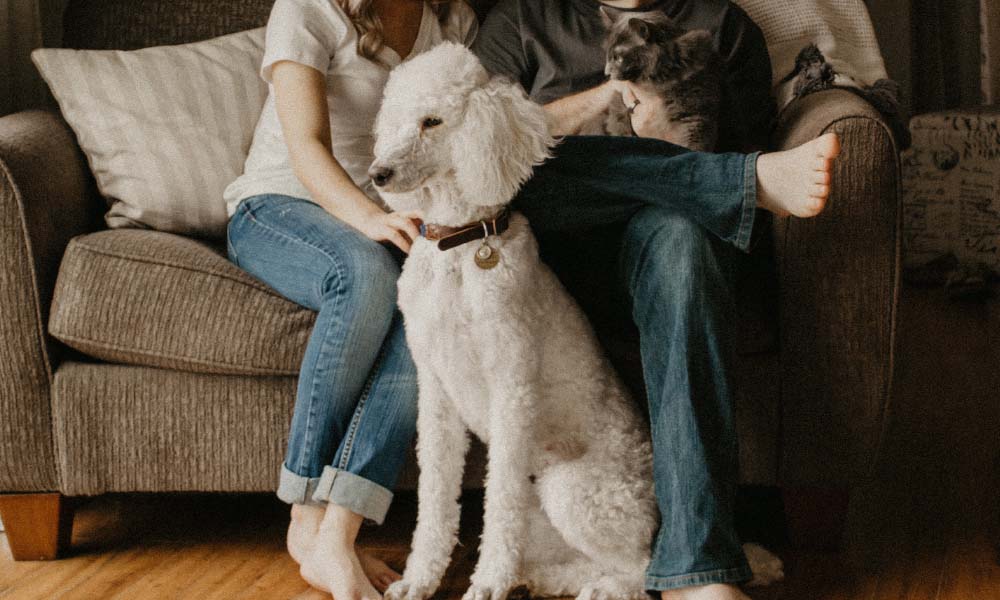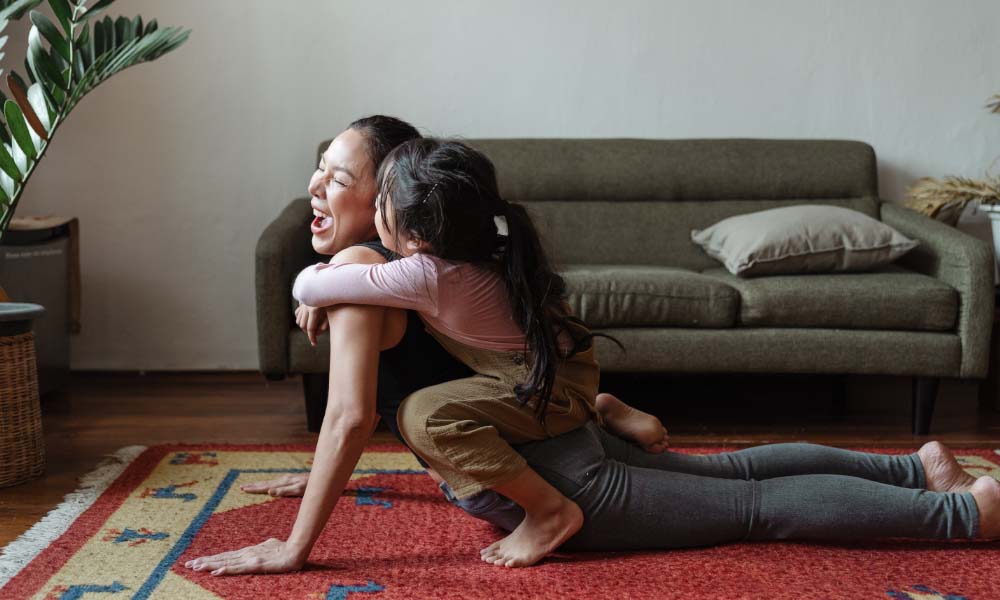It’s true what they say: childhood goes by so fast.
One minute you’re changing diapers and wiping noses, the next minute you’re dropping your kids off in their college dorm rooms, steeling yourself to say goodbye. You think this moment will never arrive, but when it does – and it will – you’ll never want to forget it. You will hug your teenager and not want to let go – but you will – and hold in your tears as long as you can, because you know if you completely lose your cool, your kid will lose his, too.
That’s my story anyway, and one day it will probably be yours too.
I kept it together as long as I could when I saw both my children off to college, and then when they were safely settled into their new homes-away-from-home, I came undone. I cried on the plane ride home, and later I cried when I walked into our house and was smacked with a wall of silence. I cried when I went into their bedrooms and saw the pile of clothes strewn on the floor and rumpled bed sheets that still carried their scents. I found the first few days of their absence from our home devastating. It felt like our house was gutted. It was so quiet I swear I could hear ice forming inside my freezer.
Even grocery shopping made me emotional. Walking past their favorite organic plump blueberries and juicy green apples, knowing we didn’t need to buy them by the truckload anymore, and cruising the cereal aisle without buying Cinnamon Toast Crunch put me over the edge.
To fill the void at our empty table, I made coffee dates and lunch dates with girlfriends, and dinner plans with other couples almost every day for the first few weeks. I kept up the frantic pace until one night my husband and I looked at each other, laughed, and said, “This is exhausting. Can’t we just have a quiet meal alone?”
That’s when I knew we were going to be okay.
According to psychiatrist Dr. Gail Saltz, I was right on target. “When your children leave, you are left alone with your spouse. That could be great because you finally have privacy and the run of the house. You can also now finally take the time to travel and plan your future together.”
Saltz cautions, “But often couples have allowed their marriage to stagnate, and once the kids are gone, sometimes they find that there is nothing left to hold the marriage together. That’s why it becomes very important for you to exert a lot of effort to reestablish the romance in your relationship.”
Romance wasn’t my problem. However, I had completely devoted myself to raising our children. Since most of my identity was wrapped up into being a mom, I felt like I was out of a job, but feeling as if I was fired fired me up for change.
Here are some tips that helped me breathe new life into my empty nest. Hopefully, they’ll work for you too.
1 | Cry it out
That’s right. Weep your tears of woe until it’s all out of your system. Realize that this is the way it’s meant to be, but acknowledge that it sucks anyway.
“Honor all the feelings that emerge in your emptiness, including past losses that may arise,” says Natalie Caine, who created the website EmtpynestSupport.com, “You have never been at this stage of life before. So allow yourself space and time to grieve for a role that is shifting.”
2 | Plan a trip
Stealing away sans kids (just the two of you or with friends) very early on in your new empty nesting adventure can be a wonderful treat. A weekend away is fine if you don’t have time or the resources for a more exotic locale. We took quick weekend trips to Las Vegas and New York that offered a shot of adrenaline to our routine. Spending time together where we didn’t have to cater to anyone but ourselves was a gift.
3 | Take action
Since you know that fateful day is coming when you will have to let go (gulp), make yourself a detailed plan of action first. Decide what you want to do that you didn’t have time for before, whether it's beginning a new project, traveling, going back to school, starting a business, or even getting a facelift, start putting those pieces in place before your kids fly the coop. I began my blog, Carpool Goddess, while my daughter was a junior in high school. Having that creative outlet also widened my social circle via social media.
Facebook was especially useful to make me feel connected through both online conversations and instant-message-initiated lunches and dinners. I found the transition to a quiet empty home became easier because I was already so deeply involved in something that was personally satisfying.
4 | Don’t do anything rash
Although my kids were gone, I was still taking care of a new baby. That “baby” was the life I was beginning to create for myself after 21 dedicated years of raising kids and catering to their needs. Now it was finally “me” time, and I relished every carefree moment. So indulge yourself – maybe some spa treatments, a fun-filled weekend getaway with your partner or friends, or a long-needed shopping spree for cute clothes. (Just don’t rush to get a dog because you desperately crave someone to take care of without giving yourself at least six months to decide if you want to take on that kind of a commitment.)
5 | Get busy
Learn a new skill by signing up for classes at your local community college, or simply start crossing off dreams you’ve had on your bucket list by making them come true. (By the way, if you haven’t ever made a bucket list, now is the time to start.) I have friends who took up Mahjong, began French lessons, and started a decorating career when they became empty-nesters.
Since I started writing, I've signed up for conferences and classes, like a personal essay class at a local college to learn new skills and broaden my social circle. This fall I am starting a Master's in Journalism program, which has been a life-long dream. Take it from me, having something to look forward to makes life rich and exciting.
6 | Get social
I made dinner plans almost every night for the first few weeks after our kids left. The evenings at home that were once filled with the voices, laughter, and stirrings of energetic or hungry teenagers felt painfully still with them out of the house. But after the third week of frantic socializing we welcomed the peace and quiet of home and found satisfaction in our new relaxed child-free rhythm as a couple.
7 | Mix it up
We started changing up our old routines, and with those little tweaks, our lives became exciting again. For example, we reconnected while walking instead of driving to dinner to our favorite Italian bistro. We also started a new weekend routine of going for afternoon coffee in a trendy neighborhood café overlooking a beautiful park. Remember, your life has changed profoundly and that’s okay. I grew my hair longer and added a few highlights for a much-needed change, too.
8 | Brace yourself for when they come back
They will come home for the holidays, if not before, and your home will instantly be filled with chaos, noise, and laundry. Dishes will once again not actually make it into the sink and your car, which you’ve kept clean and with a full tank, will be driving off fumes and smell like fast food French fries. Your taste of a former life will be over before you know it and you must gird yourself for the shock of their leaving once again.
9 | Parenting never ends
The first few weeks of the empty nest are the hardest, but you will soon find out that your parenting days aren’t over – you’re just parenting from afar. Cell phone calls, texts, Facetime, and Google hangouts offer a stretchy umbilical cord. You’ll see, at the first sign of your child’s sniffle, stomach-ache, hurt feelings, or roommate issues, you’ll feel just as connected as if they’ve called you from the next room.
You may worry that your relationship with your child as you knew it is over, but that concern may be premature. Karen L. Fingerman, PhD, author of "Mothers and Their Adult Daughters: Mixed Emotions, Enduring Bonds," says, “People may worry about losing their child when the child leaves home, but they won’t. In fact, most parents are going to have a more mature, more emotionally meaningful and deeper relationship with their children to look forward to.”
Just remember: the bond between parent and child can remain strong and, yes, grow even stronger in the spaces left in between.
I know mine did, and yours can too.



